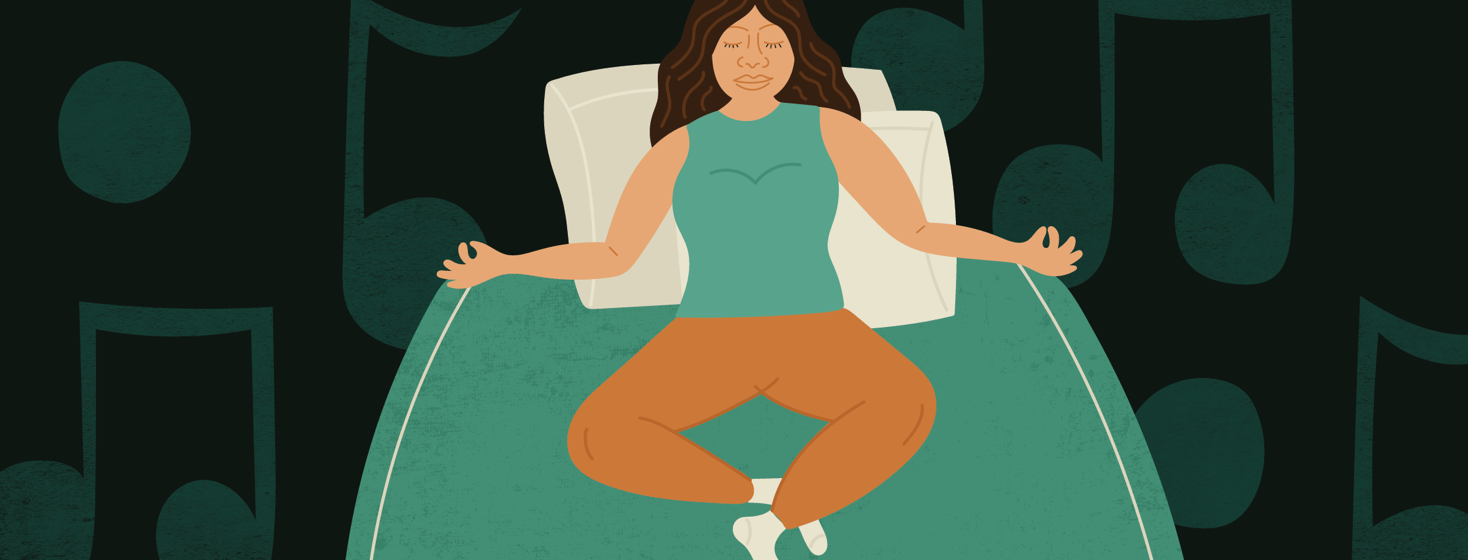Sleep Routine, Ha!
Now, I wish that restless legs syndrome (RLS) was the only disease that I lived with, but unfortunately, that is not the hand I was dealt. It's the newest diagnosis for me, even though it's probably one of the first diseases I actually got.
What has made living with and treating RLS the hardest is the fact that I have other diseases. This can make treatment for one disease difficult because of the other ones. For example, a sleep routine is very important if you have RLS and central sleep apnea, yet it's difficult to do because of the other diseases I have.
Following a sleep routine was new to me
The sleep clinic that I was sent to in order to have a sleep study done first sent me a bunch of information because COVID-19 was just starting to be an issue in Canada. One of the major things suggested was to follow a sleep routine, which was a very detailed list.
Before this, I had no set bedtime or wake-up time. As long as it had been 4 hours since I had eaten, bedtime was whenever I was finally exhausted enough and had decreased the pains enough to pass out.
It could take as long as 2 hours to fall asleep, sometimes more. This has been an issue since I was a teen, and for a time was helped by a sleepy tea. Since following the sleep routine, as best as I can, it's usually less than 20 minutes to fall asleep.
Avoiding naps is hard with other health issues
One of the things that I am supposed to do is avoid napping. HA! Ok, now I understand for people whose only health issue is sleep-related, that may be easier said than done. However, as someone who lives with multiple diseases, that is more of a challenge because I am always fatigued.
I also do not nap the usual 10 to 30 minutes that most people do; I need a minimum of 2 hours. If I do not get that, then I feel really weird and jittery, kind of like I've had a jillion cups of coffee.
Wind-down time helps me fall asleep faster
One of the suggestions given has actually been pretty beneficial in helping me fall asleep faster. That suggestion was to start winding down an hour before bed, and that includes no screen time. During this time, I generally listen to classical music or traditional Japanese music. I try to find stuff that is going to be low-energy/relaxing music.
There are even times that I will meditate, although I do that in bed because I usually end up falling asleep. Currently, I am trying a new meditation app to see if that can help me wind down and fall asleep better.
Having a sleep routine has been beneficial
Even though it can be quite tricky to have a sleep routine while living with other diseases, overall, it has been beneficial to me. I do have days where I don't follow the sleep routine as well as I should, and I can start to feel a bit bad, but I remind myself that it is due to a special circumstance.
There are times when I am either in too much pain to wait an hour before going to bed, or I am so exhausted I cannot stay awake for that hour.
Have you been suggested a sleep routine, or have you always had a sleep routine? If you do, do you find it challenging as I sometimes do?

Join the conversation